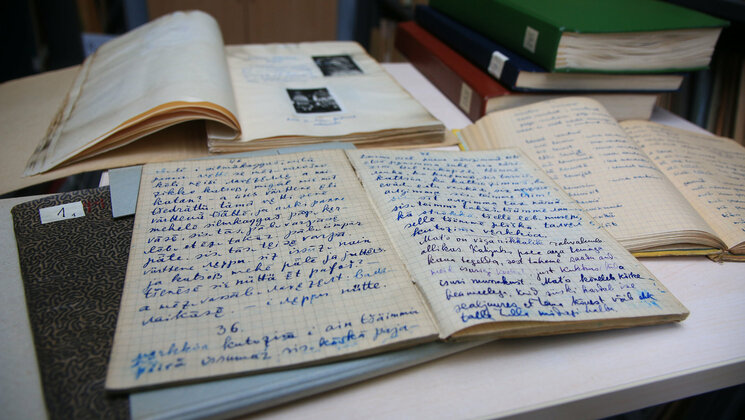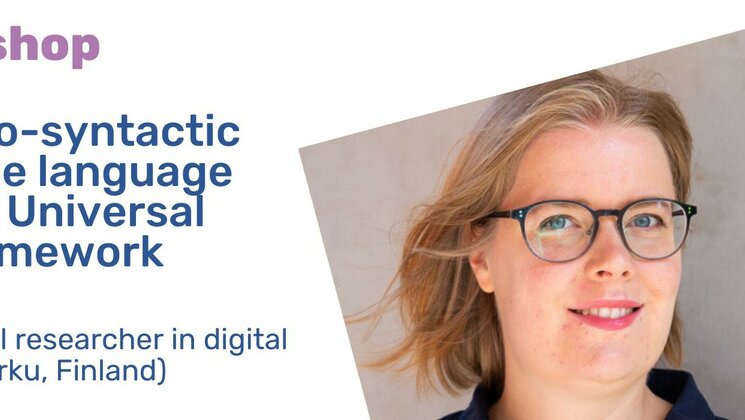Semantics and pragmatics
The focus of semantics and pragmatics research is on word meanings, their use in communication, and their relation to grammar. For example, we conduct studies on spatial, motion, and time expressions, referential devices, and the linguistic means used to express politeness. In addition, we conduct comparative studies, such as the use of referential devices like demonstrative pronouns and adverbs as well as noun phrases in Estonian, Finnish, Võro, and Russian, and politeness expressions in multiple other languages. The newest research directions explore linguistic awareness and the ways in which Covid restrictions are communicated.
Our research includes usage-based approaches, using corpus-based and experimental methods with both quantitative and qualitative analysis.



